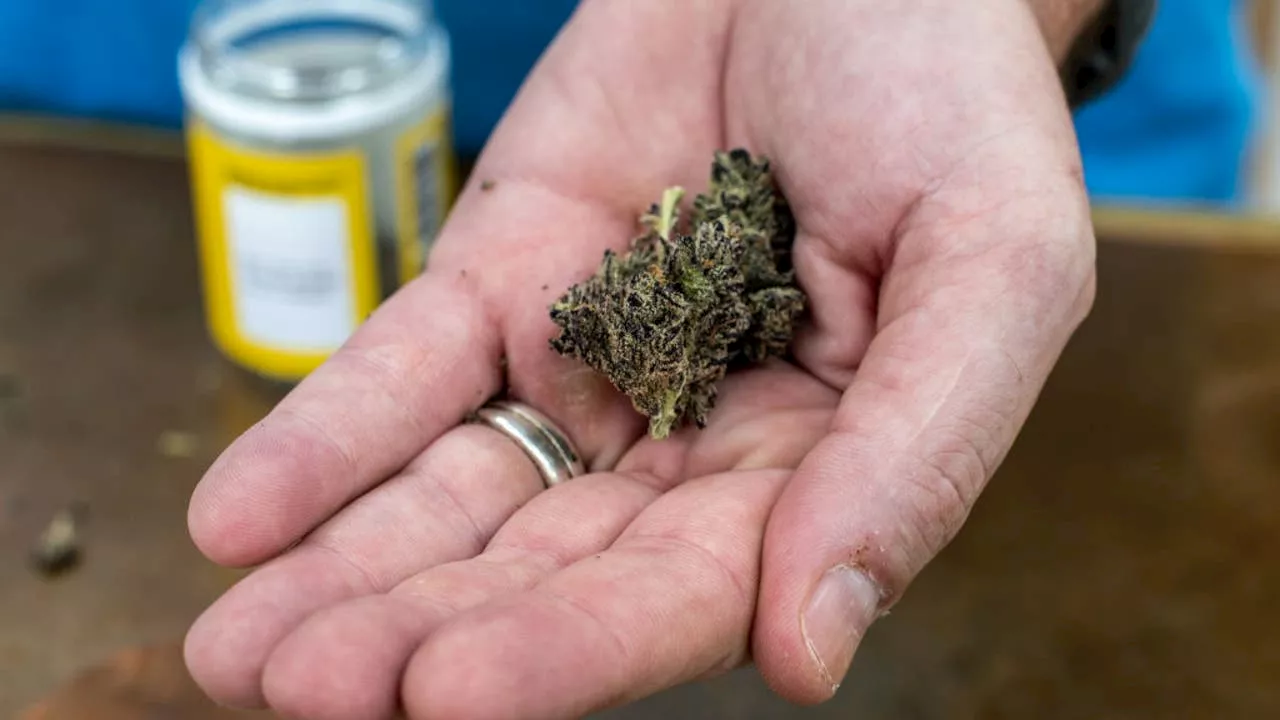New research from the University of California, San Diego, indicates that high levels of THC, the psychoactive compound in marijuana, may adversely affect egg development and fertility. The study, published on October 10, 2023, in the journal Fertility and Sterility, raises concerns about the implications of THC on reproductive health.
The findings suggest that elevated THC levels can lead to significant issues, including fertility problems, miscarriages, and chromosome abnormalities in embryos. Researchers conducted a thorough analysis, examining how THC interacts with ovarian function and egg quality. The results show a clear correlation between high THC exposure and negative reproductive outcomes.
Implications for Women’s Health
For women considering conception, understanding the potential risks associated with THC is crucial. The study highlights that even occasional use can impact egg quality, which is essential for successful fertilization and healthy embryo development. This information is particularly relevant as more regions legalize marijuana for recreational and medicinal use.
The research team noted that while THC is often perceived as a safe substance, particularly in comparison to alcohol or tobacco, the impact on reproductive health should not be overlooked. The implications extend beyond individual choices, as public health campaigns may need to address these findings to ensure women are informed about the risks involved.
Future Research Directions
The authors of the study advocate for further research to explore the long-term effects of THC on fertility and reproductive health. Understanding the mechanisms by which THC disrupts ovarian function could lead to better guidelines for women who use marijuana. Researchers aim to investigate the thresholds of THC exposure that might be considered safe, if any exist.
As the conversation around marijuana continues to evolve, this study serves as a reminder of the importance of comprehensive research into its effects. With growing popularity and accessibility, particularly in states such as California, the need for informed decisions regarding cannabis use becomes even more paramount.
The findings of this research may influence not only individual health choices but also broader public health policies. As the landscape of marijuana legislation changes, ensuring that women have access to accurate information about the potential risks of THC on fertility will be essential for promoting reproductive health.





































































